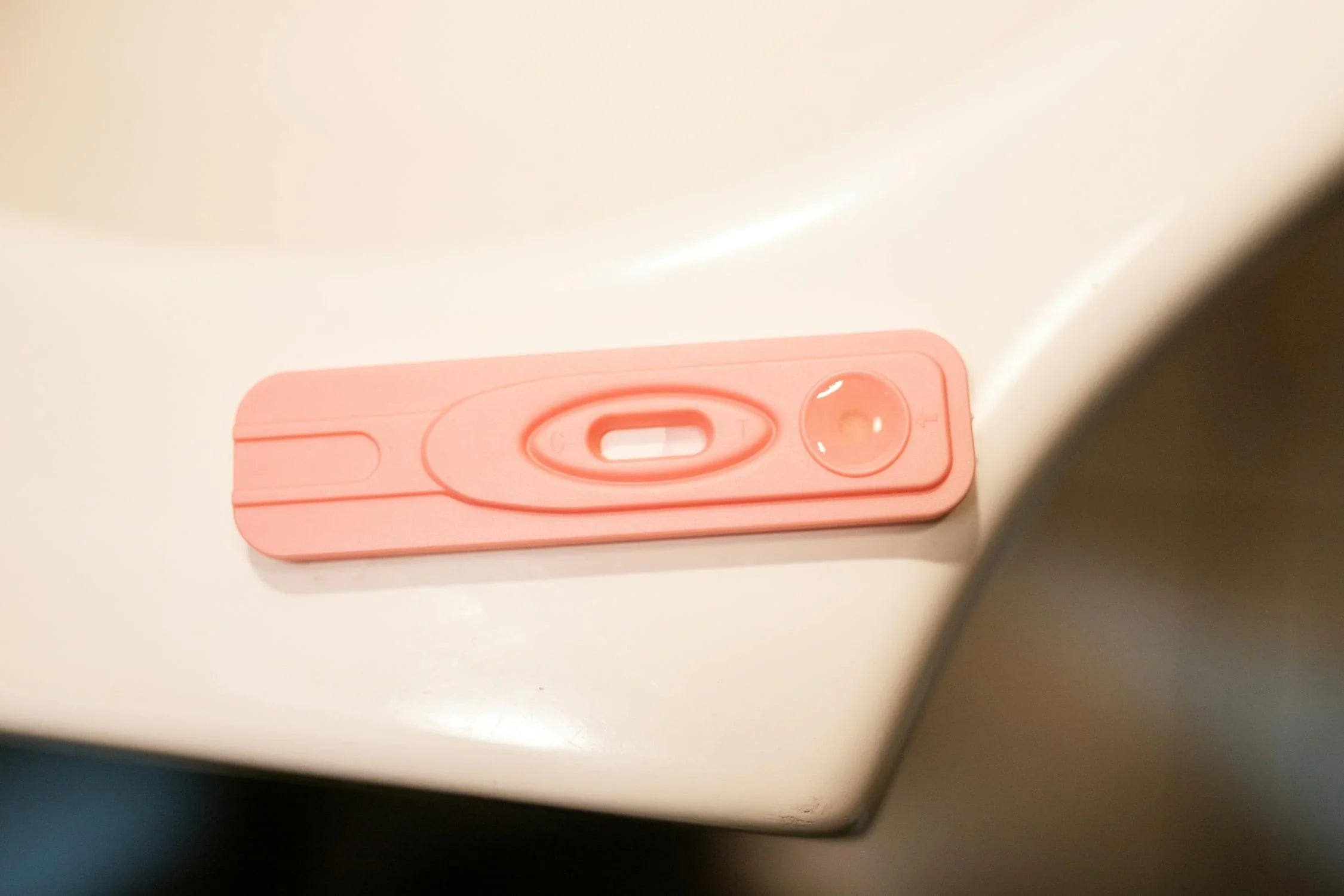Accueil
Pregnancy, Breastfeeding, and Pumping: The Ultimate Guide for Moms
Can a Pregnancy Test Kit Give False Results? Exploring the Possibilities

Can a Pregnancy Test Kit Give False Results? Exploring the Possibilities
Pregnancy test kits are a common tool for women who suspect they might be pregnant. These kits are designed to detect the presence of human chorionic gonadotropin (hCG), a hormone produced during pregnancy. While they are generally reliable, there are instances where a pregnancy test kit can give false results. Understanding the reasons behind these inaccuracies can help you interpret your results more effectively.
How Pregnancy Test Kits Work
Pregnancy test kits work by detecting hCG in urine. This hormone is produced by the placenta shortly after a fertilized egg attaches to the uterine lining. Most kits claim to provide accurate results as early as the first day of a missed period. However, the accuracy of these tests can be influenced by various factors.
Types of False Results
There are two main types of false results that can occur with pregnancy test kits: false positives and false negatives.
False Positives
A false positive occurs when the test indicates a pregnancy when there is none. This can happen due to several reasons:
- Chemical Pregnancy: A very early miscarriage can cause hCG levels to rise briefly, leading to a positive result.
- Medications: Certain medications, such as those containing hCG, can interfere with the test results.
- Evaporation Lines: Sometimes, an evaporation line can be mistaken for a positive result, especially if the test is read after the recommended time frame.
False Negatives
A false negative occurs when the test indicates no pregnancy when there is one. Common reasons include:
- Testing Too Early: If the test is taken too early, hCG levels may not be high enough to detect.
- Diluted Urine: Drinking excessive fluids before taking the test can dilute hCG levels in the urine.
- Expired or Faulty Kits: Using an expired or defective test kit can lead to inaccurate results.
Factors Affecting Test Accuracy
Several factors can influence the accuracy of a pregnancy test kit:
- Timing: Taking the test too early or too late can affect the results.
- User Error: Not following the instructions carefully can lead to incorrect results.
- Storage Conditions: Storing the test kit in extreme temperatures can compromise its effectiveness.
- Medical Conditions: Certain medical conditions, such as ovarian cysts or kidney disease, can affect hCG levels.
How to Minimize the Risk of False Results
To reduce the likelihood of getting a false result, consider the following tips:
- Follow Instructions: Always read and follow the instructions provided with the test kit.
- Test at the Right Time: Wait until at least the first day of your missed period to take the test.
- Use First-Morning Urine: The first-morning urine sample is typically the most concentrated and may provide more accurate results.
- Check Expiry Date: Ensure the test kit is not expired before use.
- Repeat the Test: If you get an unexpected result, consider repeating the test after a few days.
What to Do If You Suspect a False Result
If you believe you have received a false result, it is important to take the following steps:
- Consult a Healthcare Provider: A blood test or ultrasound can provide a more accurate confirmation of pregnancy.
- Monitor Symptoms: Pay attention to any pregnancy symptoms you may be experiencing.
- Consider Other Factors: Reflect on any medications or medical conditions that could have influenced the test result.
Pregnancy test kits are a convenient and private way to check for pregnancy, but they are not infallible. Understanding the potential for false results and knowing how to minimize errors can help you make informed decisions about your health. If you have any doubts or concerns, always seek professional medical advice.
Partager
